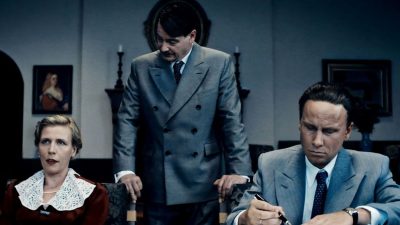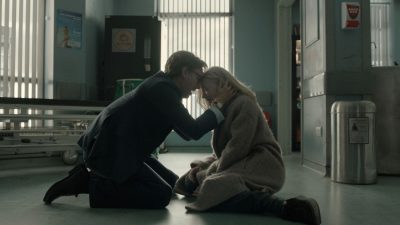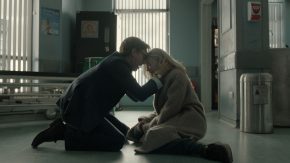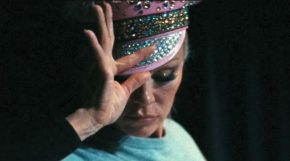It has become quite a usual thing for Hungarian classical music lovers to be able to choose from a wide range of concerts to celebrate the upcoming festive season. But even in this wide selection, it is rare to find a programme that offers a wider range of works to set the mood for Christmas than the concert of organist Zsolt Máté Mészáros and the Béla Bartók Women’s Choir of Szeged at Müpa Budapest in December.
As the king of instruments, the organ can do something that other instruments cannot. It can lift the listener off the ground and bring them spiritually closer to those mystical spheres in the sky. In the season of celebration, when we all long to feel this mysterious, mysterious space around us, the organ is our instrument. It’s worth listening to it as much as possible, not only at home but also in concert halls, because when live, it sounds even more impressive!
We can see and hear someone who is really-really good in making the organ speak to us: Zsolt Máté Mészáros, Junior Prima Prize-winning organist and Liszt researcher, one of the most successful Hungarian organists.
The music director of the Budapest-City Centre Church of the Assumption of Our Lady of Budapest was fascinated by the uniqueness of this magnificent instrument from his childhood. As he is also known for his work as a Liszt researcher, Liszt’s works will naturally be included in the concert programme. A quotation from an interview with him might also give us an idea of the atmosphere we can expect from this concert:

“For years, I have been consciously trying to stay out of the various trends of performing arts. I analyse the music itself and base my interpretation on my analysis. I believe that this is the way to find one’s own individual voice as an artist.”
It’s worth listening to the Poulenc work chosen as the closing piece (Litanies à la Vierge noire, FP 82) to get a taste of the atmosphere that is to be expected:
A wonderful programme awaits the audience, with works by Bach, Tchaikovsky, Liszt and Vierne, but fans of Hungarian composers will also find something for them, as the repertoire includes works by Karai, Kocsár and Antalffy-Zsiross.
The concert programme’s compilers give a special emphasis on female voices, maybe because they feel that these are the most appropriate for the ethereal sphere to be evoked. When we think of the choir of angels, these voices might rightfully come to our mind.
The choir will namely be the Béla Bartók Women’s Choir of Szeged, which was founded in 2006 as the successor to the Bartók Choir and won the 2009 Advent Choir Festival in Prague. The ensemble, led by Dávid Valkai and featuring an abundance of soprano, alto and mezzo voices, will perform with 36 members. According to the concert programme, a capella choral music will be performed, making the already colourful repertoire even more special.
Two composers, Ukrainian Mikola Dmitrovich Leontovich, born in the 1870s, and contemporary American Joan Szymko, will also represent foreign countries. Leontovitch wrote mainly choral works and made a significant contribution to church music. Here you can peak in his work Christmas Bells:
Joan Szymko’s a cappella choral work Hodie is also worth a listen:
…Well, if we accept G.B. Shaw’s assertion that “the truly sensitive listener is as anxiously active in the concert hall as a photographic plate during the exposure”, then we can hope both for a pleasant fatigue after listening to the concert and a feeling of being recharged with the sounds of the holiday season.
Article: Anna Rácz
Translation: Zsófia Hacsek



























Comments